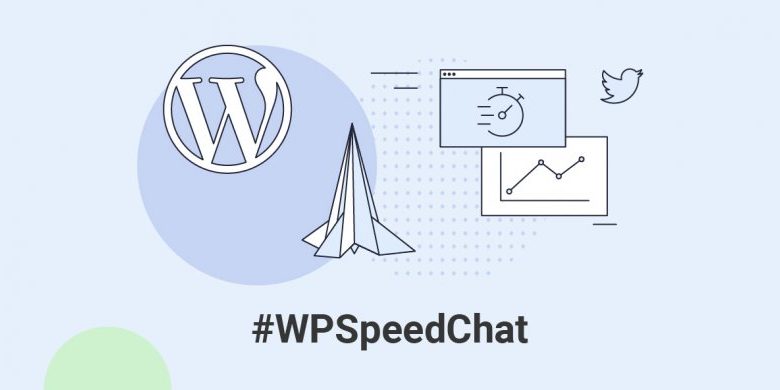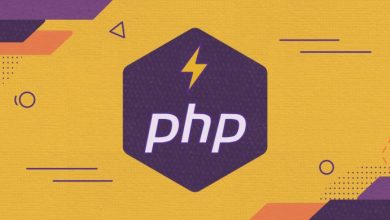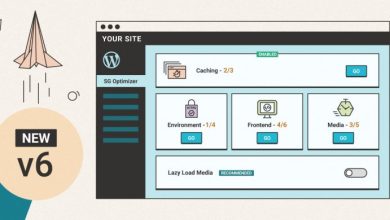Expert Tips for Optimizing Your WordPress Website

Expert Tips for Optimizing Your WordPress Website
You can benefit from having a blazing fast WordPress website in many ways. Among other things, speeding up your site will help for better conversion rates, higher SEO ranking positions and positive user experience.
To help you speed up your website, we invited competent WordPress experts on the topic and organized a #WPSpeedChat on Twitter along with Felix Arntz (@felixarntz), Developer Relations Engineer at Google and WordPress Core Committer, David Bisset (@dimensionmedia), PHP Expert and WordPress Developer, Francesca Marano (@FrancescaMarano), Associate Director of Engineering at XWP, and Hristo Pandjarov (@pandjarov), WordPress Initiatives Manager at SiteGround. Here’s a summary of their discussion with some professional advice and useful tips on how to speed up your WordPress website.
How to tell if your site is fast or slow?
Before optimizing your website, you first need to measure its speed in order to figure out how it performs. To see the real experience your visitors are having on your site, you can use one of the following tools, recommended by our experts:
- Core Web Vitals in Google Search Console
- Field Data in Google PageSpeed Insights report
- Pingdom Website Speed Test
- GTmetrix
- WebPageTest
Hristo Pandjarov, WordPress Initiatives Manager at SiteGround, notes that “it’s important, however, to understand the different metrics. Take your time to read and understand what each “check” does and how it affects your visitors. […] At the end of the day, your site is fast, if it’s loading in under two seconds and even less, if we talk above-the-fold.”

Troubleshoot what’s slowing down your WordPress website
If you’ve already measured your site speed and identified that it’s slow, you’d want to figure out what’s slowing down your WordPress. Our experts have some suggestions for you.
According to Felix Arntz, Developer Relations Engineer at Google and WordPress Core Committer, you can start off with the results from the above-mentioned page speed testing tools, as “they provide recommendations based on what performance problems they detect on your site”.

For example, TTFB (time to first byte) is one of the helpful metrics used by all such site performance testing tools and it can help you get a better understanding of how website speed works. As Hristo Pandjarov points out, “if you have high TTFB – probably, your full-page caching is not working”.
In case you haven’t run a test with one of the above-mentioned tools, but you suspect that there is a speed issue with your site, Francesca Marano, Associate Director of Engineering at XWP, recommends to “switch to the default theme and turn off all the plugins”. This could be a quick and easy way to compare.
If, after turning off all plugins, you notice improvement in your website performance, then you know that at least one of the plugins is responsible for slowing down your site. You’ll then need to enable each plugin one at a time until you notice a speed issue again. Also, you can run a test with one of the above-mentioned tools after enabling each plugin (it might be a bit more time consuming, yet helpful). If you decide to run such a test yourself, make sure to first back up your site before performing the experiment.
What can you do to optimize your WordPress site speed?
As a starting point, it’s good to keep this in mind: “Keep everything in order, updated, and regularly delete all plugins you’re not using. Make sure you’re using the latest PHP version and pretty much don’t let updates pile up,” Hristo Pandjarov points out.
If you’ve already identified specific vulnerabilities in your website speed, you should undertake actions to eliminate them accordingly.
For example, if you’ve figured out that the speed issues are related to the actual content on your site (images, videos, embeds), you need to “make sure they are the proper size, needed and not just added to fill some place. Remember that even cached by the fastest service, your content has to go through the network to reach your visitors,” advises Hristo Pandjarov.
In such cases, it’s important to perform image compression: “Compress as much as you’re happy with the quality of your visuals!” says Hristo Pandjarov and adds on: “Make sure you’re using the latest imaging formats – with the SiteGround Optimizer plugin it’s easier than ever to have WebP versions of your images.”
Another common issue could be related to your site cache setup. If that’s the case, “consider a simple caching plugin or explore host solutions (many hosts include it),” notes David Bisset. For instance, at SiteGround we have the SuperCacher service that allows for up to 5 times faster websites.

Last but not least, make sure your web hosting company is doing its best to make your website faster and offering you the right instruments to do so. For instance, one of the must-have tools for speeding up your website is the SiteGround Optimizer plugin which is now free and available for all WordPress websites.
Beware that performance optimizations can break your site
WordPress brings a lot of flexibility, according to Francesca Marano, but on the other hand, “if one of the elements doesn’t play nicely with another one, the entire system can be damaged”.

So, how can performance optimizations break your website?
For example, as Felix Arntz points out, one such case is “installing multiple performance plugins that do the same thing, but therefore end up messing with each other”. In this instance, instead of making your website faster, these plugins will simply break functionality. That’s why Felix recommends: “If you use multiple performance plugins, ensure to have each feature enabled in only one of them”.
Hristo Pandjarov concludes that “pretty much every optimization can cause problems, if done without understanding how it works, what it does and actually taking the time to test it on your site”. Therefore, he recommends when optimizing a site, to always enable optimizations one at a time and test speed after each optimization.
You can read the whole conversation between our WordPress speed experts by checking the #WPSpeedChat on Twitter. For even more WordPress speed tips, download our free Ebook on WordPress Speed. Feel free to share your thoughts on what are some ways to optimize your WordPress websites in the comments below. Follow us on Twitter for more news and professional discussions on useful topics.

